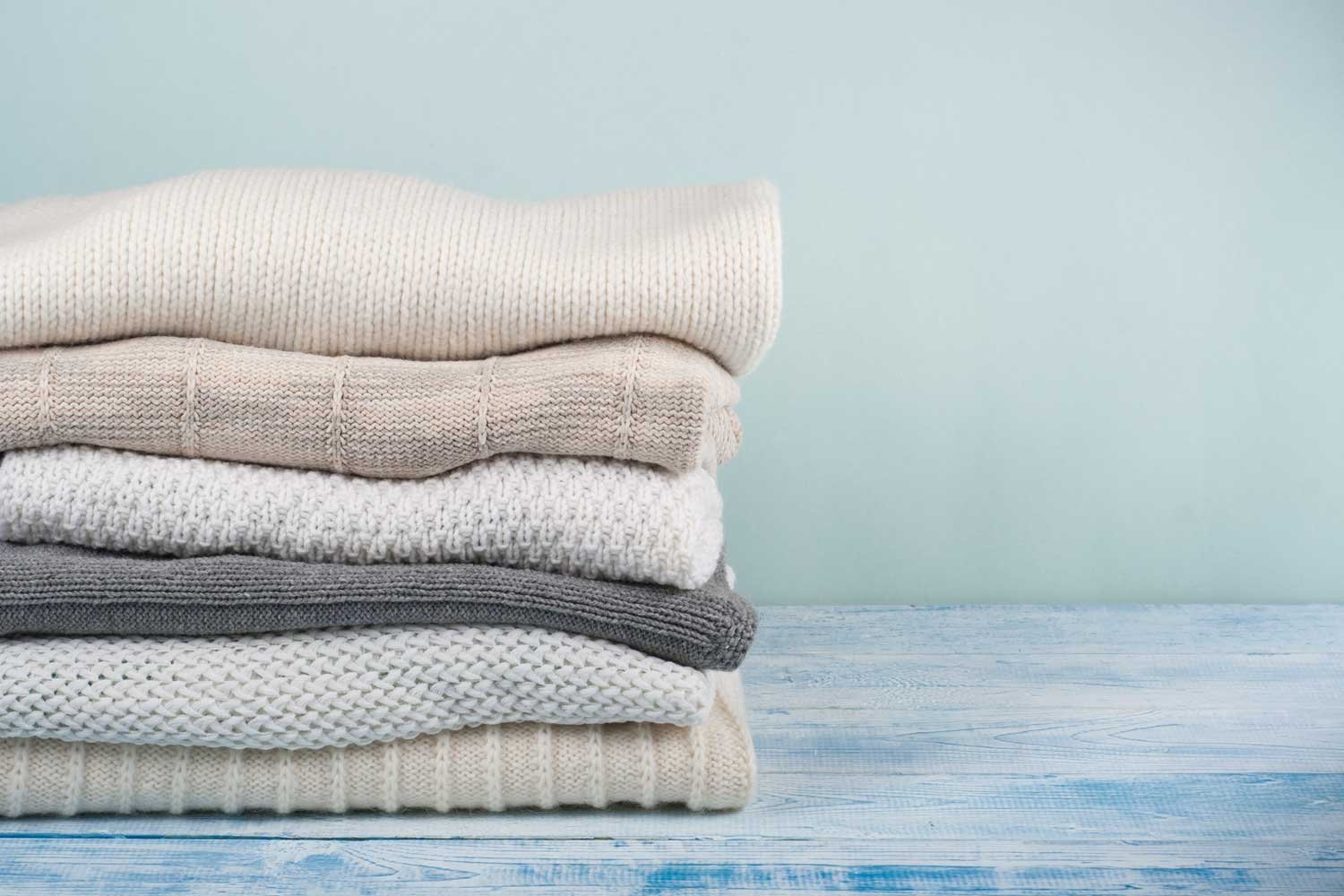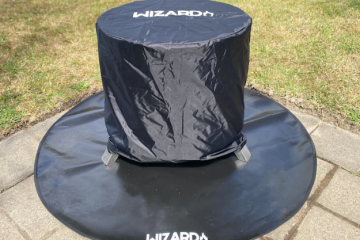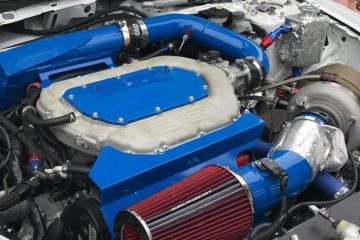In the pursuit of sustainable living, eco-conscious consumers are increasingly turning towards alternatives to traditional textiles. Bamboo fabric is soft and durable, with a natural sheen. It’s also breathable and moisture-wicking, making it a good choice for activewear and loungewear. You can find out more information about the different uses of bamboo materials by searching questions such as what is viscose from bamboo online.
Among the many renewable clothing materials, organic bamboo hemp fabric stands out as a versatile and environmentally friendly option.
In this comprehensive guide, we’ll delve into the myriad benefits, diverse uses, and sustainability aspects of organic bamboo hemp fabric, shedding light on why it’s becoming a go-to choice for the conscious consumer.
Understanding Organic Bamboo Hemp Fabric
Organic bamboo hemp fabric is a blend of bamboo fibers and hemp fibers, both of which are derived from renewable plant sources. Bamboo, known for its rapid growth and minimal need for pesticides, is a highly sustainable material.
Hemp, similarly, is celebrated for its resilience, requiring little water and no pesticides to thrive. When combined, these two natural fibers create a fabric that embodies the best qualities of both materials.
Benefits of Organic Bamboo Hemp Fabric
- Sustainability: One of the most significant advantages of organic bamboo hemp fabric is its sustainability. Both bamboo and hemp are fast-growing plants that require minimal water and chemicals to cultivate. Additionally, they can be grown without depleting soil nutrients, making them highly renewable resources.
- Softness and Comfort: Despite being eco-friendly, organic bamboo hemp fabric doesn’t compromise on comfort. The fabric is incredibly soft to the touch, with a luxurious feel that rivals traditional textiles like cotton or silk. Its breathability and moisture-wicking properties make it ideal for clothing and bedding.
- Durability: Organic bamboo hemp fabric is exceptionally durable and able to withstand frequent washing and everyday wear. Unlike synthetic materials, which contribute to microplastic pollution, bamboo hemp fabric retains its strength and integrity over time.
- Antibacterial Properties: Bamboo possesses natural antibacterial properties, making organic bamboo hemp fabric resistant to odor-causing bacteria. This feature makes it an excellent choice for activewear, socks, and undergarments, where odor control is essential.
- UV Protection: Another notable benefit of organic bamboo hemp fabric is its ability to provide UV protection. The dense weave of the fabric offers a natural barrier against harmful UV rays, helping to shield the skin from sun damage.
Uses of Organic Bamboo Hemp Fabric
- Clothing: Organic bamboo hemp fabric is widely used in the fashion industry to create a range of clothing items, including t-shirts, dresses, pants, and activewear. Its softness, breathability, and moisture-wicking properties make it ideal for both casual and performance apparel.
- Bedding and Linens: Due to its luxurious feel and temperature-regulating properties, organic bamboo hemp fabric is increasingly being used in bedding and linens. Sheets, pillowcases, and duvet covers made from this fabric offer a comfortable and eco-friendly alternative to traditional bedding materials.
- Towels and Bathrobes: The absorbent nature of organic bamboo hemp fabric makes it well-suited for towels and bathrobes. These items are not only soft and plush but also quick-drying, making them practical for everyday use.
- Home Textiles: From curtains and upholstery to tablecloths and napkins, organic bamboo hemp fabric can be found in various home textiles. Its durability and natural beauty make it a popular choice for eco-conscious interior design.
- Accessories: Organic bamboo hemp fabric is also used to create accessories such as scarves, hats, and bags. These items combine style with sustainability, offering consumers an eco-friendly alternative to conventional accessories.
Sustainability of Organic Bamboo Hemp Fabric
The production of organic bamboo hemp fabric has several sustainability advantages compared to conventional textiles. Firstly, both bamboo and hemp crops require minimal water and no chemical pesticides or fertilizers, reducing water consumption and environmental pollution.
Additionally, these plants have a low carbon footprint, as they absorb more carbon dioxide from the atmosphere than most other crops. Furthermore, bamboo cultivation helps to prevent soil erosion and promote biodiversity, contributing to overall ecosystem health.
Conclusion
Organic bamboo hemp fabric represents a sustainable and versatile alternative to traditional textiles. With its numerous benefits, including softness, durability, and antibacterial properties, it’s no wonder that this eco-friendly fabric is gaining popularity among consumers and designers alike. Whether used in clothing, bedding, or home textiles, organic bamboo hemp fabric offers a perfect blend of comfort, style, and sustainability, making it an excellent choice for those seeking to reduce their environmental footprint without compromising on quality. By choosing organic bamboo and hemp fabric, we can embrace a more sustainable approach to fashion and lifestyle, paving the way towards a greener and more eco-conscious future.




